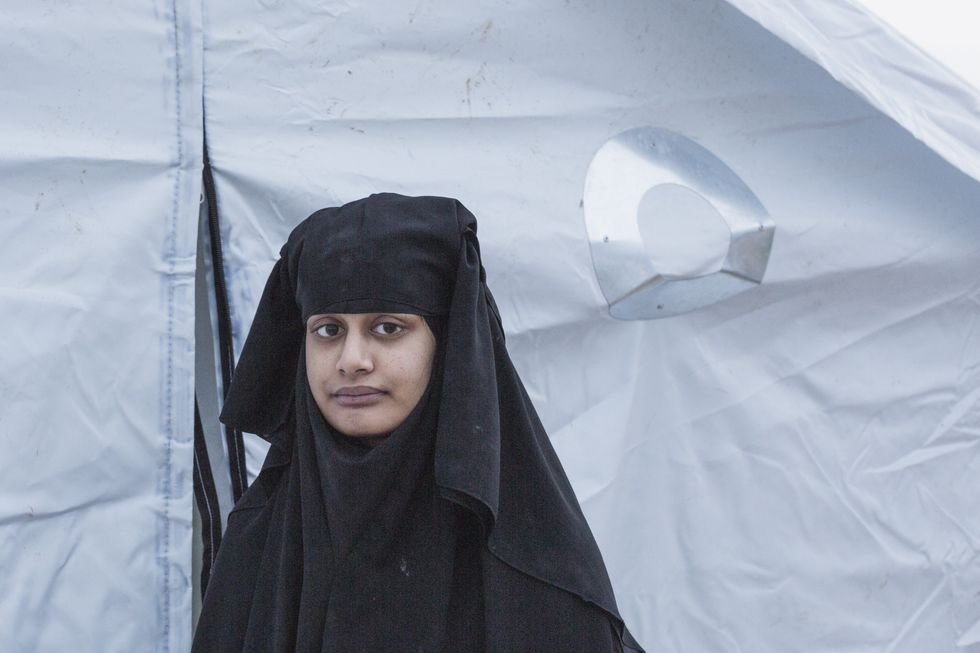Shamima Begum’s hopes of UK return ‘bolstered’ by fall of Assad
Shamima Begum’s hopes of returning to the UK could be “bolstered” by the fall of Bashar al-Assad’s regime in Syria, her lawyer has claimed.
The potential closure of the Roj detention camp in north-eastern Syria, where the 25-year-old has been held for at least five years, might open a new avenue for legal appeal.
Her legal team has suggested that if the camp shuts due to increased hostilities in the region, the dangers Begum would face if released into the Syrian desert could support a fresh human rights case.
Begum, who left London in 2015 to join Islamic State as a schoolgirl, has previously lost several legal battles to return to Britain after her citizenship was revoked on national security grounds.

Born and raised in Tower Hamlets in east London, Begum married an IS fighter after travelling to Syria and had three children, all of whom died young.
The previous Government stripped her of British citizenship, arguing that she posed a threat to national security if she returned home.
Intelligence agencies have continued to view her as a security risk, with authorities maintaining she would not be left stateless as she had the right to Bangladeshi citizenship.
She challenged the removal of her citizenship in 2019, but the Supreme Court rejected her appeal in 2021.
LATEST DEVELOPMENTS:
- ‘The real hindrance to our economy is not extreme weather, but the net zero agenda’
- Student ‘butchered’ woman on Bournemouth beach to ‘see what it would feel like to kill’
- Rupert Lowe FUMES as illegal migrant with 17 prior convictions jailed rather than removed from UK
A further attempt to bring the case back to the Supreme Court was unsuccessful in March this year.
Consequently, she has since remained in the Roj refugee camp, controlled by the US-backed Syrian Democratic Forces (SDF), a Kurdish militia.
Tasnime Akunjee, the lawyer representing the Begum family, warned that if the Roj camp closed, Begum would be in danger of being “bled out” into the northern Syrian desert.
He said that this situation would strengthen the legal argument against the Government’s decision to deprive her of citizenship.
“The proportionality [argument] is bolstered [by the current situation]. It gives weight to the impact the court’s decision has had on her,” Akunjee told The Telegraph.
The lawyer suggested that the camp’s potential closure would likely be a “relevant factor” in any future court judgment, adding: “Watch this space.”

The SDF’s control of northern Syria has faced mounting pressure as Turkey backed the new Syrian rebel force, which could lead to the closure of camps and prisons.
Around 70 British nationals, including jihadist fighters and sympathisers, have remained in detention under SDF control in northern Syria.
This figure has included an estimated ten to 15 British men in Kurdish-run prisons, alongside approximately 20 “jihadi brides” and 40 children living in the Roj and al-Hol camps.
Dan Dolan, deputy executive director of human rights charity Reprieve, said: “It is more urgent than ever to repatriate the British families imprisoned without charge in north-east Syria.”
He highlighted that most Britons in these “open-air prisons” are children under ten years old, with many being trafficking victims.

